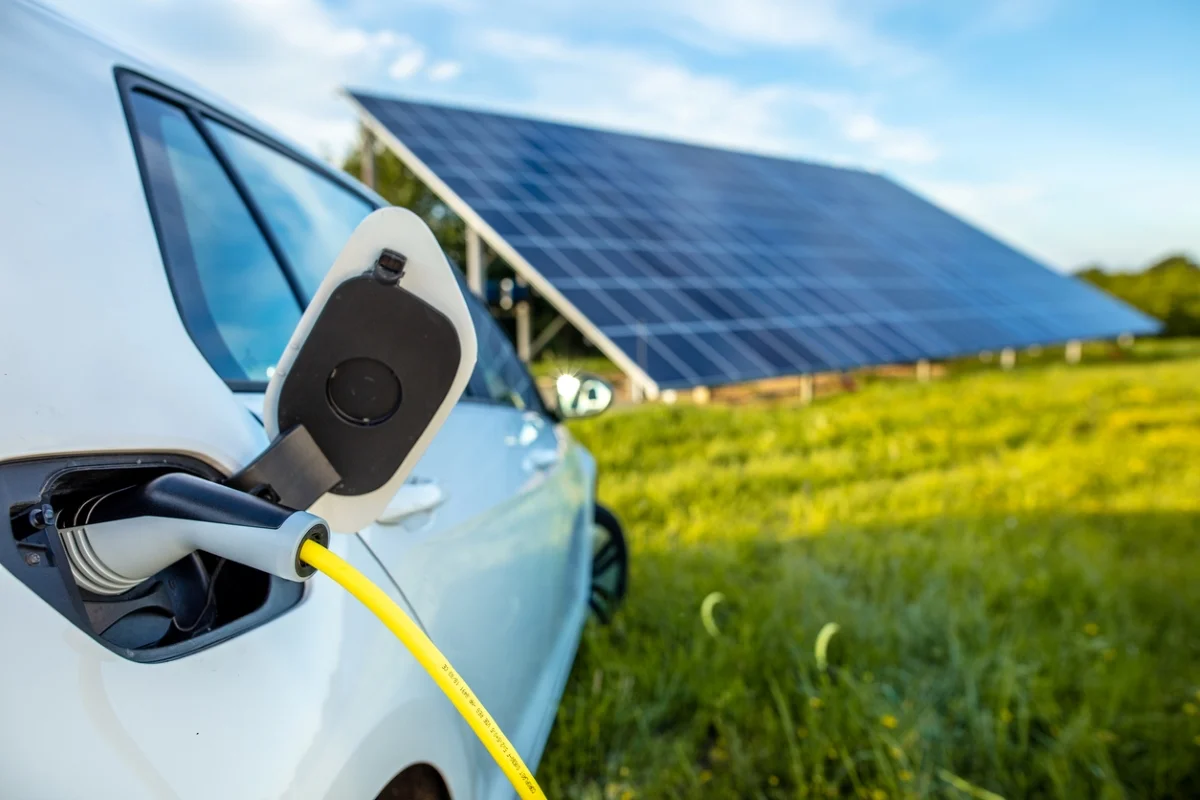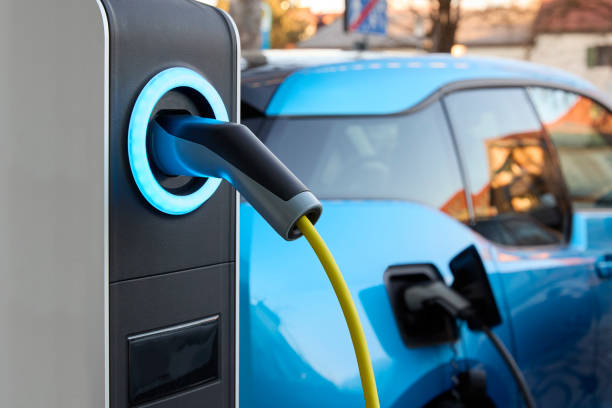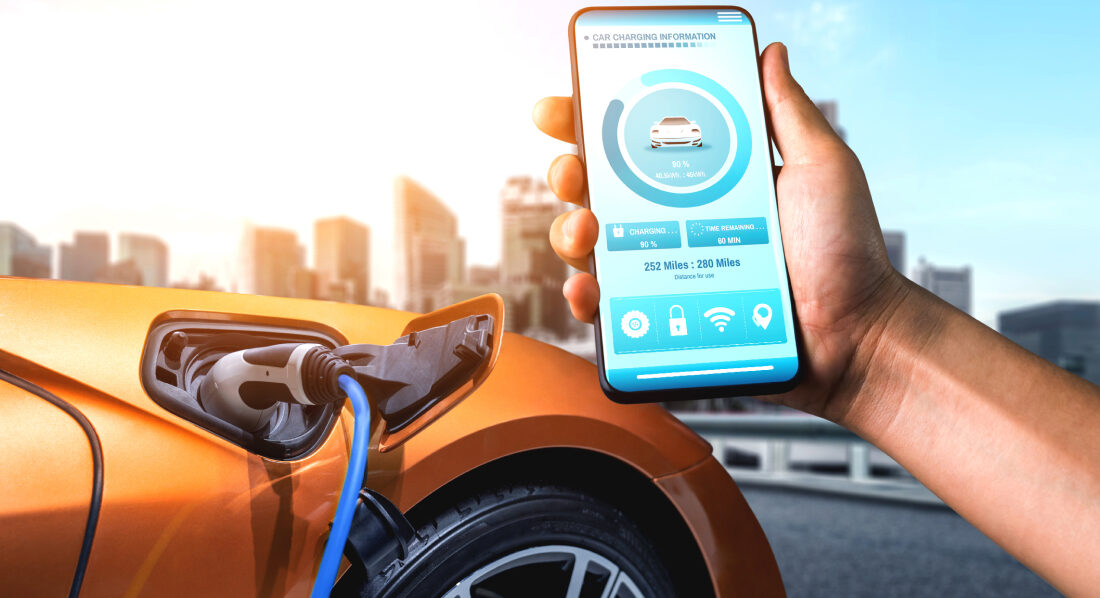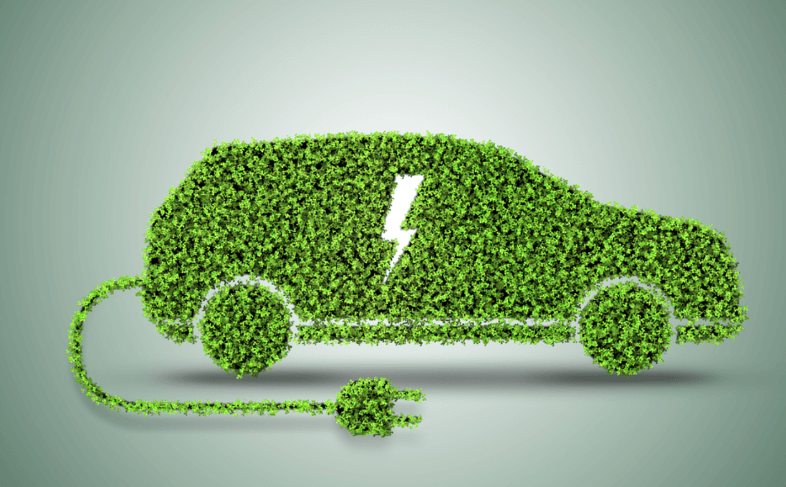- An electric vehicle charger costs £1,000, on average
- You’ll typically save £447 per year by charging at home instead of in public
- Modern chargers will fully charge your car overnight
Buying an electric vehicle charging point for your home can save you money, ensure you always have a fully charged battery, and make your life much easier.
You’ll cut your recharging costs by £447 per year compared to using public chargers – a saving worth making, especially in this cost of living crisis.
And it’s easy to compare home charger prices, with our help. All you have to do is provide a few quick details, and our expert installers will be in touch with free quotes for you to compare.

What's on this page?
How much does it cost to install an electric car charger?
| Charger type | Time to full battery | Price with installation | Price without installation |
|---|---|---|---|
3.6 kW | 19 hours | £800 | £480 |
7 kW | 10 hours | £1,000 | £600 |
22 kW | 3 hours | £1,200 | £720 |
It’ll usually cost you between £800 and £1,200 to buy and install an electric car charging point on your property.
If you use an installer from the company selling you a charging point, it’ll cost you the same kind of price no matter where you are in the UK.
It may be cheaper to hire an independent electrician – but they almost certainly won’t be as accustomed to the technology, making this a risky option.
The worst outcome would be to buy a charging point that’s rendered useless by a sub-par electrician.
Unable to get a home charger? See what your other options are on our page: Can You Charge Your Electric Car At Home With No Driveway?
How much does it cost for different charger types?
Speed makes a big difference. You’ll fully recharge your car in half the time with a 7 kW charging point than you would with a 3.6 kW model, but it’ll typically cost you hundreds of pounds more.
22 kW is the current ceiling for home chargers – but unfortunately, they don’t work in most UK homes, which don’t usually have a three-phase electricity supply.
The time it takes for each charger type to reach full battery is calculated with the average electric vehicle capacity of 68.9 kWh in mind.
Tethered vs untethered chargers
Untethered chargers are cheaper than tethered chargers. An untethered cable will usually cost around £20 less than a tethered version.
Since they’re detachable, you can also use an untethered charger in more situations.
However, many companies will include a tethered charger in the cost of your installation, without giving you the option of an untethered charger.
Untethered chargers are more at risk of theft, though many now come with security features like cable locking or the option to add a PIN.
What factors affect the cost of an electric car charging point?
The main factors affecting the cost of an electric car charging point are its speed, brand, smart features, and aesthetics.
- Speed: The charger’s speed you choose will likely have the biggest impact on what you’ll pay. Slow chargers suit most domestic users, and are usually much more affordable. On average, a rapid charger costs £400 more than a slow charger.
- Brand: Many companies will charge you more for the same basic product, but if it’s a brand you trust, it may be worth the extra expense. Read our Best Home EV Chargers guide before making your final decision.
- Smart features: Some chargers genuinely have special abilities, from only charging at the cheapest possible rate to remote locking and using solar energy to charge your car.
- Aesthetics: If you want your charger to look extra sleek or have a specific colour, it may cost you extra. In contrast, if you don’t especially mind how it looks, you can save some money by getting a purely functional machine.
- Unusual extra costs: Your installer should come with around 15 metres of wire, so there shouldn’t be any additional charges if your consumer unit (also known as a fuse box or distribution board) is far from your charger. And unless you own a castle, your installer shouldn’t have any difficulty drilling into your wall to secure the charger in place.
A breakdown of electric car charging point costs
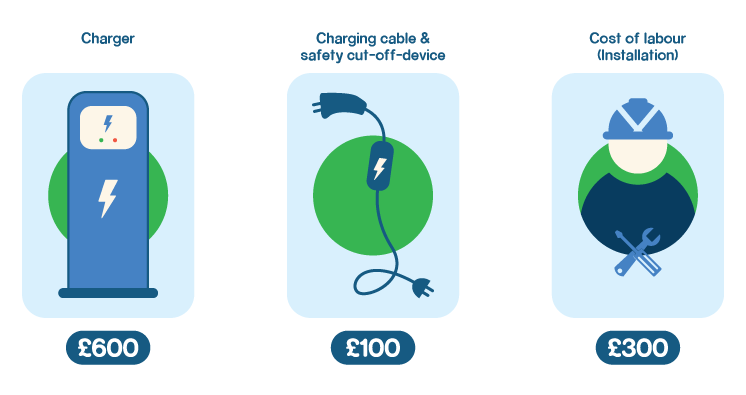
If you buy a 7 kW charging point – which we generally recommend for most drivers – it’ll typically cost you £600 for the charger, and £400 for the installation process.
Below we’ll explain why the installation costs £400, but bear in mind that the savings should more than make up for this initial outlay – and that not getting a professional installation could cost you much more in repairs.
The first step is a survey to see if your property can house an electric car charging point, and to plan out where it’ll go. This stage is usually free.
At a later date, a professional will set up the physical charger in a suitable location – often in a garage or on a driveway – and run up to 10 metres of secure cabling to your fuse box while also fitting a safety cut-off device.
These pieces of hardware cost around £100.
Some electric charging points also require that an earthing rod be installed, which can make the process more expensive and disruptive. Thankfully, newer models are moving away from this need.
And of course, before leaving, the installer will test your new charger to make sure it works.
If you’re wondering where the other £300 comes from, it’s the cost of labour – which is more than reasonable, considering the installer’s expertise is protecting you against disaster.
How much does it cost to charge your electric car at home?
It costs £582 per year to charge your electric car at home, on average.
The total figure will of course vary depending on how much you drive, the type of electric car you have – newer models cost less to drive – and the cost of electricity on your home tariff.
On average, you’ll pay less by charging your electric car at home than at a public charging station.
The average cost of electricity at home is 27.35p per kWh, whereas at a charging station it’s around 77% more expensive, though some supermarkets offer cheaper prices.
At home, you can charge up any time you like for just 9p per mile, instead of 15p per mile at a public charging point – a gap in pricing that’s unlikely to change any time soon.
To charge your electric car at home though, you will need to by a home charger, which cost around £1,000. But this is a one-time expensive which will pay in just two years.
By charging your car at home, you’ll spend £582 per year on average, compared to the typical cost of charging in public, which is £1,029 per year.
Are there any government grants for EV chargers available?
Renters and people who own a flat can use the Electric Vehicle Homecharge Scheme (EVHS).
This government grant reduces the cost of a new charging point by 75%, up to £350 (including VAT).
You can also write to your council to encourage local politicians to install more electric vehicle chargers in your area.
How is an EV charger installed?
Your installer will attach the EV charger to the wall of your choice with a drill, screws, and possibly silicone sealant, and run a length of cable to your consumer unit – either through the wall or round the outside – before connecting up all the electrics.
The installer will talk you through the potential locations for your charger beforehand, bearing in mind it needs to be at least 2.5 metres away from any metal object connected to your electricity supply.
It also legally needs to be at least two metres away from a public highway, monument, or listed building, though that comes up less often.
Can I install my own EV charging point?
Your EV charging point should only be installed by a trained professional.
Doing it yourself could injure you, or worse – not to mention cost you a great deal, since one electrical accident could ruin your shiny new charger forever.
And your industry-standard three-year warranty almost certainly won’t be valid if you don’t recruit a professional to install the charger.
Very occasionally, it’s possible to install an EV charger by yourself, though we would still only recommend doing so if you’re a qualified electrician.
If you’re set on going down the DIY route, read the instructions carefully – and then consider once again whether doing it is worth voiding your warranty, and potentially harming yourself and your charger.
Is it worth buying a home charger for your electric car?
Yes. Your average annual savings should more than make up for the up-front expense, which is £1,000, on average.
It’s 45% cheaper to charge an electric vehicle at home than to refuel a petrol car over a year.
Of course, if you have an electric vehicle, you can just use public charging points instead of getting a home charger – except that charging in public is around 77% more expensive.
This significant price difference means you’ll save £447 per year, on average, by purchasing a home charging point. So in around two years, you’ll break even on your charger.
Next steps
At this point, you’re ready to save money, help the climate, and make your life more convenient by getting a home charger.
But of course, it makes sense to weigh up different installation quotes for your perfect EV charging point.
Get FREE EV Charger Quotes
Find out how much an EV Charger would cost you
Complete A Short Form – Receive Free Quotes – Compare & Save
Get FREE EV Charger Quotes
Find out how much an EV Charger would cost you
Complete A Short Form – Receive Free Quotes – Compare & Save






